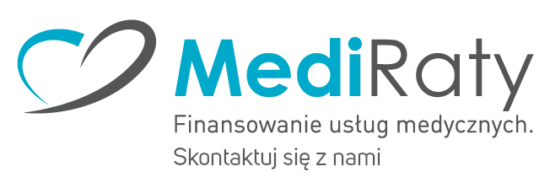Skontaktuj się z koordynatorem
+48 75 645 2011
Laparoskopowy mini-bypass żołądka – Mini Gastric Bypass (OAGB)
Mini-bypass żołądka to metoda uproszczona wymagająca wytworzenia jednego zespolenia jelitowo żołądkowego. Szeroko stosowana od kilku lat, o skuteczności porównywalnej do metody klasycznej. Mini-bypass żołądkowy osiąga swoje efekty, tworząc małą wydłużoną torebkę żołądkową, z której reszta żołądka jest trwale oddzielona. Główną zaletą tego zabiegu jest to, że istnieje tylko jedno zespolenie (żołądek -> jelito).
KCM Clinic jest jednym z nielicznych specjalistycznych szpitali w Europie Środkowo-Wschodniej, który wykorzystuje nowoczesną technologię laparoskopii trójwymiarowej podczas operacji bariatrycznych. Zastosowanie najnowszych technik obrazowania 3D umożliwia najwyższej jakości wizualizację obrazu i bezpieczeństwo zabiegu. W efekcie pacjenci operowani są ze znacznie większa dokładnością i szybciej odzyskują siły.
Jaki jest koszt zabiegu mini-bypass żołądka?
Lekarz chirurg bariatra na podstawie wywiadu medycznego i wyników kwalifikuję pacjenta do odpowiedniej metody operacji. Wówczas jest w stanie przedstawić szczegółową informację dotyczącą kosztów zabiegu. Koszty operacji bariatrycznej uzależnione są od wielu czynników.
Czytaj dalej Cena zabiegu bariatrycznego zależy od rodzaju badań związanych z kwalifikacją do zabiegu oraz zastosowanej metody. Czytaj mniej
Zachęcamy do zapoznania się z pełną ofertą KCM Clinic
Mini-bypass żołądkowy polega na odłączeniu części żołądka, tworząc wydłużoną torebkę żołądkową. Jest ona bezpośrednio połączona z dalszą częścią jelita cienkiego, a pozostała górna część żołądka zostaje trwale oddzielona. Natomiast dolna część żołądka poniżej linii zszywek pozostaje zachowana bez zmian. Dzięki temu, żołądek dalej produkuje soki trawienne które są ważne w procesie trawienia i wchłaniania pokarmu. Po operacji zmniejsza się ilość spożywanego pokarmu, co skutkuje zmniejszeniem wagi.
Pacjenci przygotowując się do zabiegu bariatrycznego w ostatnich tygodniach powinni być na diecie płynnej, która pozwoli na odciążenie żołądka i wątroby, co powoduje bardziej skuteczną utratą wagi po zabiegu, mniejszym prawdopodobieństwem wystąpienia powikłań podczas zabiegu. Ważne jest przyjmowanie preparatów multiwitaminowych i inne suplementów, zależnie od wyników badań i zaleceń lekarza po wizycie kwalifikacyjnej. Pacjent powinien stawić się do szpitala rano nadczo z kompletem badań, piżamą, obuwiem zmiennym.
Celem kwalifikacji i przygotowania do zabiegu bariatrycznego dla bezpieczeństwa pacjenta wymagane są kompleksowe badania i konsultacje. Wszystkie konsultacje i badania można wykonać w KCM Clinic.
- Konsultacja chirurgiczna w Poradni Bariatrycznej
- Konsultacja internistyczno-kardiologiczna z EKG i echokardiografią serca
- Próba wysiłkowa na bieżni
- Spirometria,
- Rentgen klatki piersiowej w 2 projekcjach
- USG jamy brzusznej
- Gastroskopia z testem HP
- Badania laboratoryjne: morfologia, lipidogram, żelazo, kreatynina, mocznik, elektrolity, INR/apTT, glukoza, HbA1, TSH, FT3, Ft4, AST, ALT, Lipaza, HCV, Hbs p.ciała, HbsAg, kortyzol, wit B12, wapń
Kryteriami do przeprowadzenia (OAGB) są:
- otyłość III stopnia (wskaźnik BMI jest wyższy niż 40)
- otyłość II stopnia (BMI powyżej 35) oraz współistniejące choroby, takie jak nadciśnienie tętnicze, cukrzyca, ciężka choroba zwyrodnieniowa stawów, zespół obturacyjnego bezdechu sennego, choroba wieńcowa, stłuszczenie wątroby, zaburzenia przemiany lipidów oraz bezpłodność związana zespołem policystycznych jajników
- otyłość I stopnia (BMI od 30 do 35) w przypadku pacjentów z cukrzycą niekontrolowaną lekami.
Przed operacją, bardzo istotne jest aby przestrzegać specjalnie przygotowanej, przedoperacyjnej diety przez tydzień przed operacją. Dieta ta ma na celu pomóc zmniejszyć objętościowo wątrobę i żołądka, aby ułatwić zabieg chirurgiczny i rekonwalescencje. Dietę należy stosować tylko przed operacją i nie należy jej kontynuować po operacji.
Laparoskopia pozwala pacjentowi na znacznie szybszy powrót do normalnego trybu życia. Zazwyczaj tydzień po zabiegu pacjent wraca do pracy z wyjątkiem ciężkiej pracy fizycznej, bez dolegliwości bólowych.
Najistotniejszą zmianą w życiu po zabiegu jest dieta i ilość pożywienia, którą przyjmujesz. Niniejsza dieta pomoże Ci również w zapobieganiu powikłaniom pooperacyjnym.
Bardzo rygorystyczna dieta po zabiegu może wydawać się przesadna. Lecz pamiętaj, nie stosowanie się do tej diety może powodować takie powikłania jak biegunkę, odwodnienie, zaparcia, niedrożność jelit lub bardzo poważny wyciek soku żołądkowego.
Oto kilka podstawowych zasad:
- Spożywaj żywność o umiarkowanej temperaturze.
- Przeżuwaj każdy kęs dokładnie.
- Spożywaj małe porcje (150 g), posiłki co 2-4 godziny.
- Płyny 15 x dziennie 100-150 ml każdy.
- Pij 15 min. przed jedzeniem i 30 min. po jedzeniu.
- Stosuj suplementy – witaminy, minerały.
- Przyjmuj swoje leki i witaminy, zgodnie z zaleceniami.
- Zastosowanie profilaktyki zmniejsza ryzyko powikłań zatorowych.
- Unikaj pokarmów, które są zbyt słodkie, pikantne, kwaśne, tłuste, gorące lub zimne.
- Przestań jeść jak tylko poczujesz się pełny, nawet jeśli oznacza to pozostawienie jedzenia na talerzu.
- Unikaj potraw ze szparagów, szpinaku, łodyg kalafiora i brokuł, zielonej fasoli, pora i kapusty.
- Unikaj spożywania produktów o niewielkich rozmiarach, można je połknąć w całości i istnieje ryzyko, że ugrzęzną w żołądku: grzyby, bób, wiśnie, orzechy, makaron.
- Wykreśl produkty wysokokaloryczne i zastąp je różnymi produktów niskokalorycznych, tak aby dostarczyć organizmowi dużej ilości witamin i minerałów.
Metoda laparoskopowa sprawia, że pacjent już kilka godzin po zabiegu będzie mógł pić i wstawać z łóżka oraz samodzielnie się poruszać. Jednakże ze względu na środki ostrożności konieczny jest kilkudniowy pobyt w szpitalu.
KCM Clinic zapewnia pacjentom pooperacyjne spotkania z dietetykiem oraz psychologiem bez dodatkowych opłat. Spotkania odbywają się w każdy poniedziałek w grupach polskojęzycznych i angielskojęzycznych.
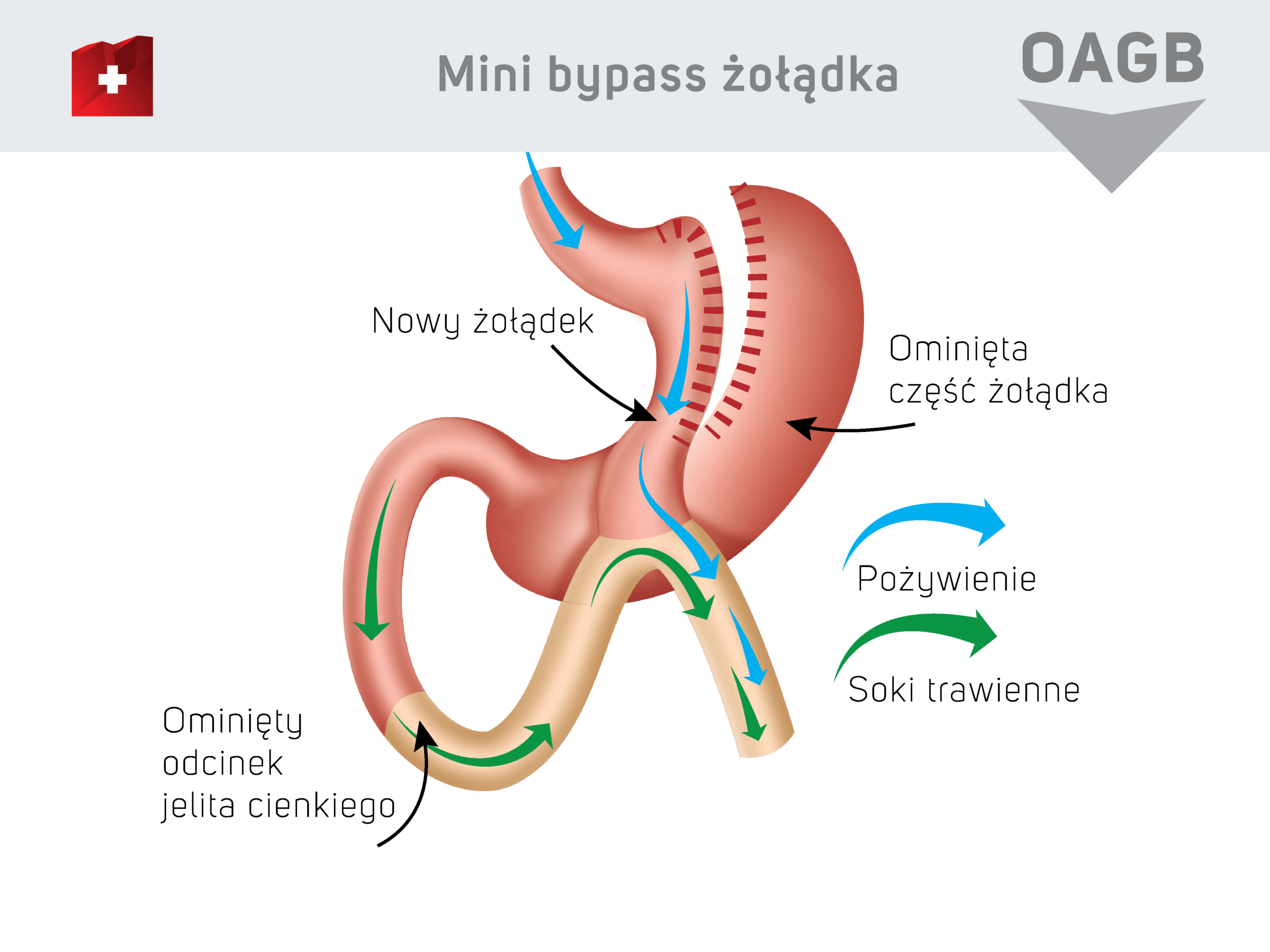

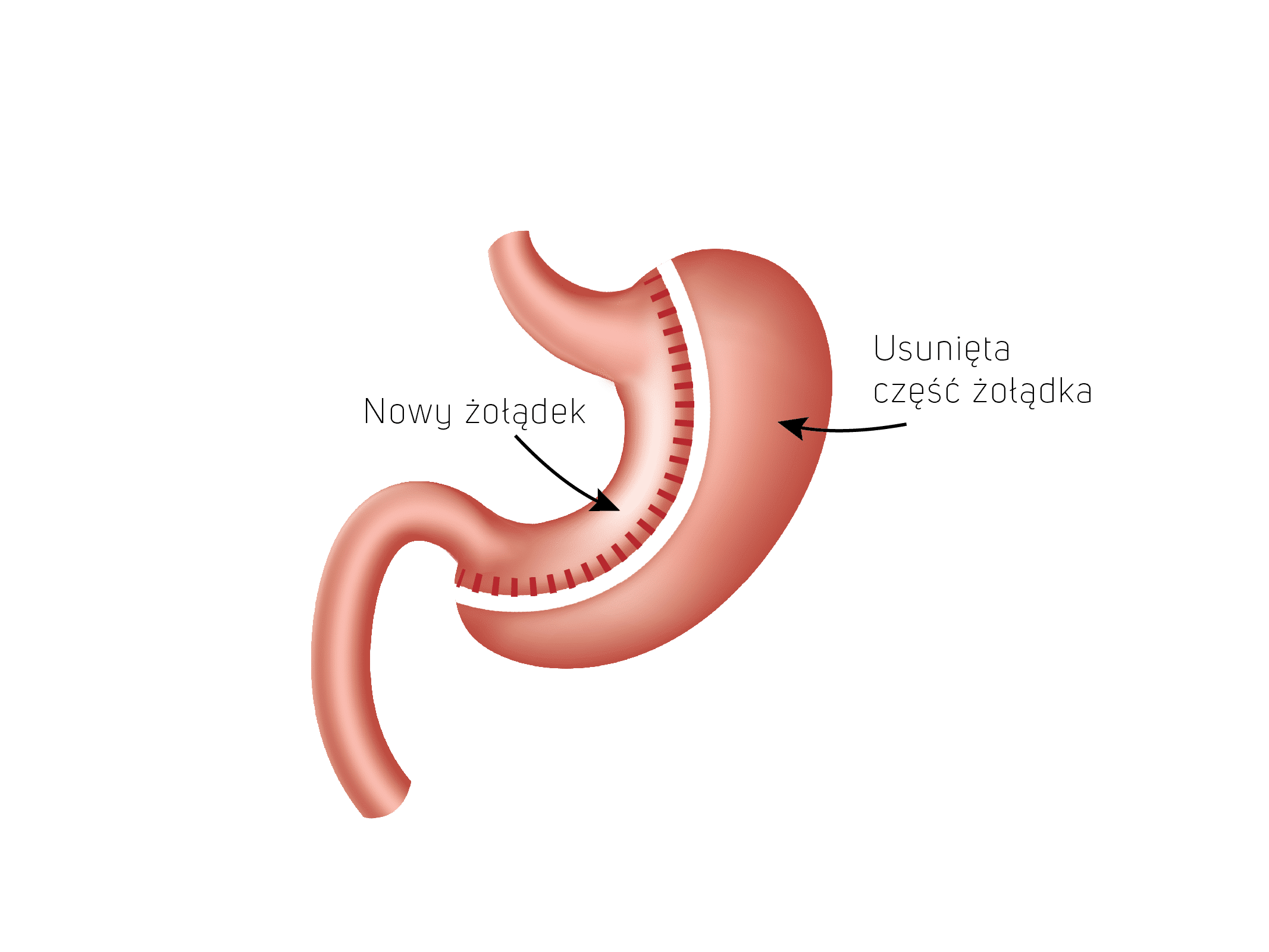
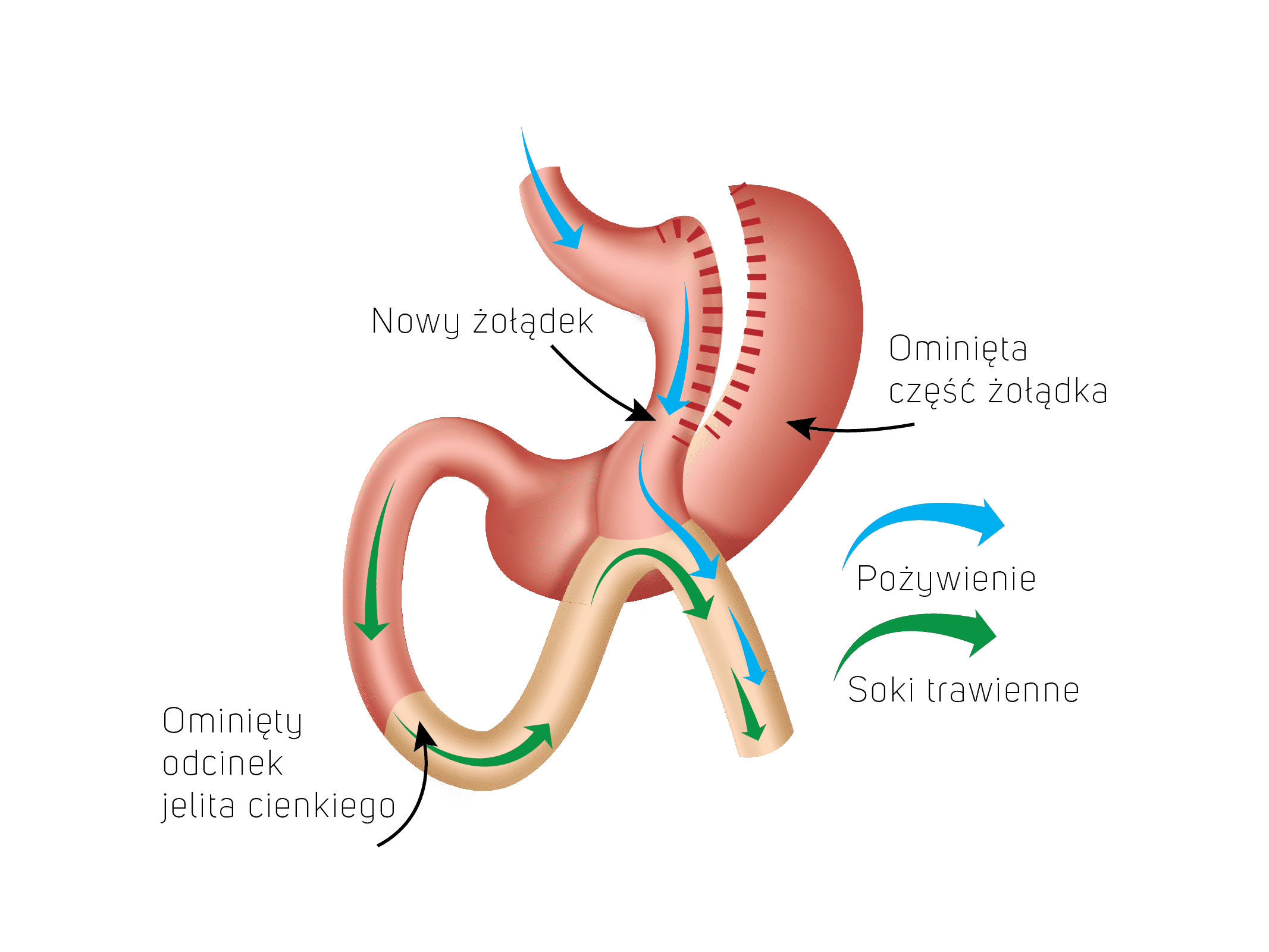



NIEINWAZYJNE LECZENIE OTYŁOŚCI
Wyślij zapytanie
Zarejestruj się
Wizyty, zabiegi szpitalne
Centrum Chirurgii Bariatrycznej
Centrum Chirurgii Plastycznej
Centrum Chirurgii Kręgosłupa
Klinika Stomatologiczna
OMEGA Diagnostyka Obrazowa
Godziny Otwarcia
Klinika Stomatologiczna KCM Jelenia Góra
KCM Clinic Wrocław
Chat KCM Clinic
Lokalizacje
KCM Clinic Jelenia Góra
KCM Clinic Wrocław
Parking





